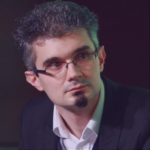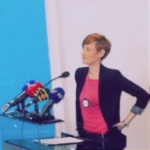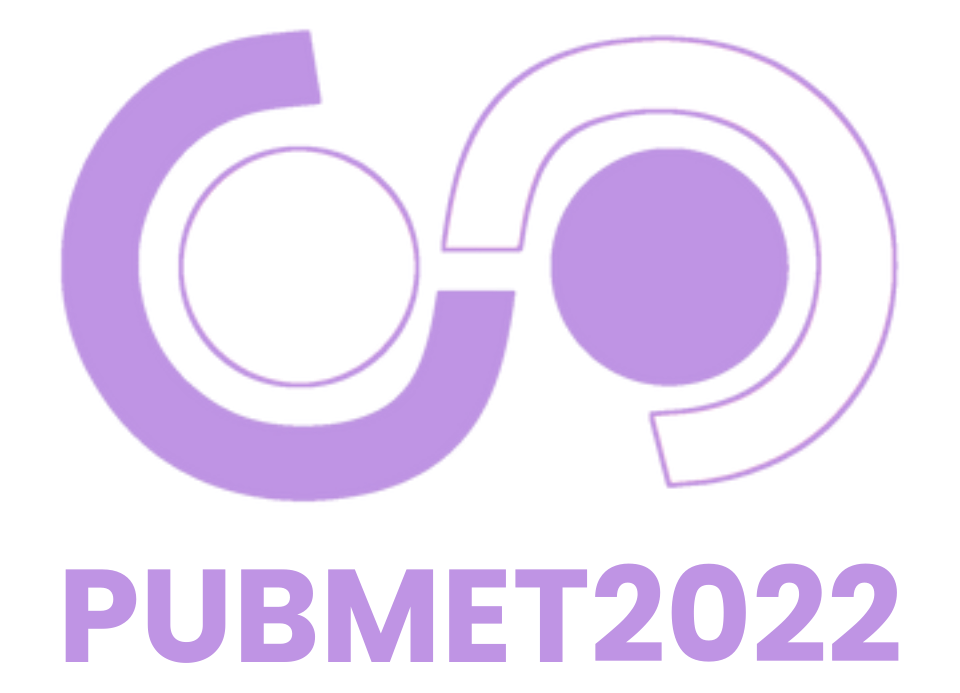Science Communication Workshop: How to reach a broader audience for your research | workshop registrations closed


All of the spots for this workshop are filled up and registrations are now closed!
Among many other things, the COVID-19 pandemic taught the world the importance of providing rational information to the public and fostering a scientific way of thinking among people. Therefore, communicating science is crucial if we want the public to understand the basics of science so they would be able to make informed decisions about crucial topics such as their health, or changes in the environment. Furthermore, resarchers need funding to conduct their research. Most research is funded by the government, by the EU programs, and rarely by private funders. In all of these cases, you are required to report your findings to the funders. In all these examples, your funders are part of the general public, part of a broader audience.
As a researcher, you are an expert in your field of research, and you can easily communicate with your colleagues about your research and findings. You already know how to write a journal article that your colleagues can read and understand, and you are able to write a popular science article that can be understood by a researcher who is not in your field. But, could you explain your research to an 11-year-old student? How about a potential funder? Would a science reporter or a television host find your research worth presenting to a broader audience?
It does not matter whether a researcher is at the beginning of his or her career as a doctoral student or whether he or she is an experienced scientist with a long scientific career. For any researcher, communicating his or her research to a wider audience that is not part of the scientific community or familiar with his or her field can be a challenge.
What is it about? In this workshop, participants will get practical advice on how to make the most of available communication tools and opportunities to successfully engage with their audience. In doing so, they will use the media as one of the most important channels and focus on how to get the most out of their TV interview. For this purpose, we will simulate a TV interview and put the tips and tricks taught into practice.
Who is the target audience? This workshop is for scientists, researchers and research managers at different stages of advancement and from any discipline.
When? Wednesday, 14 September 2022, 12:00-14:00 h and 15:00-17:00 h
